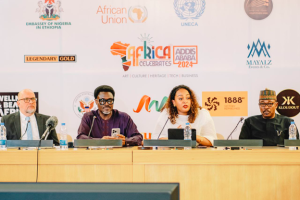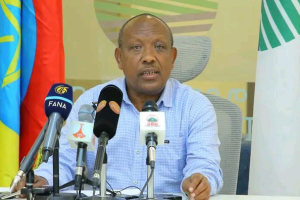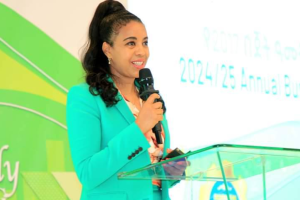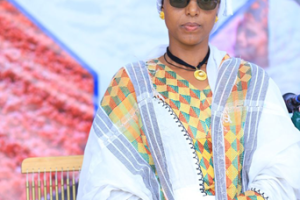ADDIS ABABA- “When you have women in positions of leadership, business does better and there’s more innovation, more value creation and more profit,” said Vera Songwe, Executive Secretary of the Economic Commission of Africa (ECA).
Speaking at the launch of the Global Health 50/50 – 2019 Report – titled Equality Works – in Addis Ababa on the eve of the International Women’s Day, she said the world’s economy loses USD 160 trillion in wealth due to gender inequality.The report reveals that gender equality in the workplace is still far from being achieved, especially regarding gender leadership gap, gender policy gap and the gender pay gap in global health, as Economic Commission for Africa Communications Section reported.
Ms. Songwe further said political empowerment is one of the areas in which the least progress in closing gender gaps has been made, adding “And we know that policy and politics are where decisions that affect women are made.”
She pointed out that gender gap in health and survival has reduced by 96 percent. Meanwhile, in the areas of economic participation and education, progress in bridging gender gaps stands at 58 percent and 95 percent respectively.
The ECA Chief applauded the Global Health 50/50 Report as an advocacy initiative that advances action and accountability for gender equality in global health.
Citing a World Economic Forum report, Ms. Songwe said it will take Africa 102 years to close the gender gap and that globally, it will take 217 years.
On the occasion President Sahlework Zewdie of Ethiopia commended the report for being data-rich and reader-friendly. She noted that the report’s findings, especially on pay gap, are a clarion call to Sub-Saharan Africa where gender pay gap is 6% higher than the global average.
The President stated, however, that there’s some good news in Africa where “women are increasingly challenging these norms by claiming positions of power.”
A handful of African countries, she said, have some of the most gender equal parliaments in the world, adding that “besides Rwanda where more than 50 percent of MPs are women, we need to recognize progress in Mozambique, Namibia, Senegal and South Africa where women hold 40% or more of the seats.”
The 2019 edition focuses on gender in the workplace. It reviews the genderrelated policies and practices of about 200 organizations that are either active in global health or seek to influence it.
The Ethiopian Herald March 8, 2019
BY FASICA BERHANE





